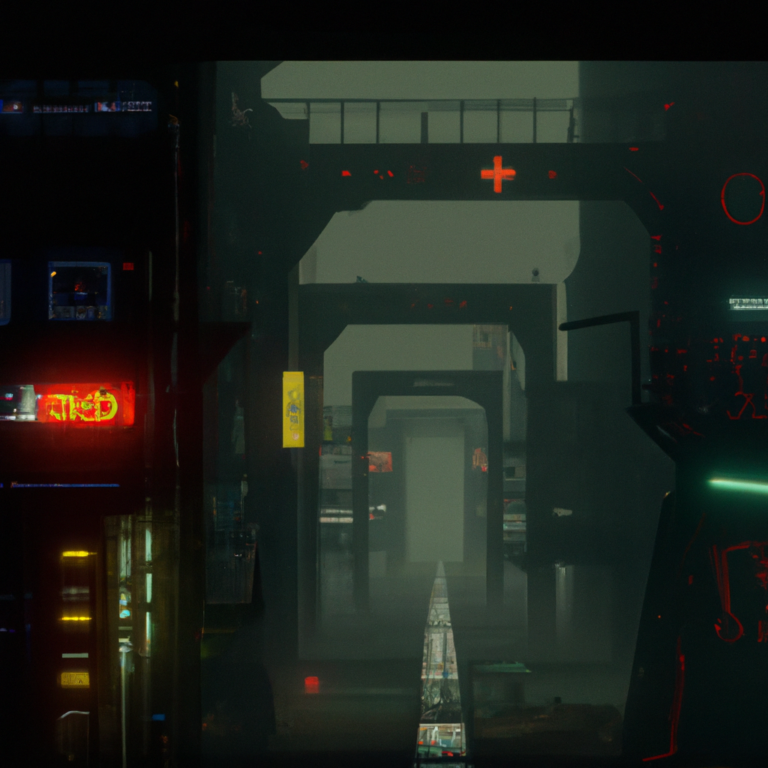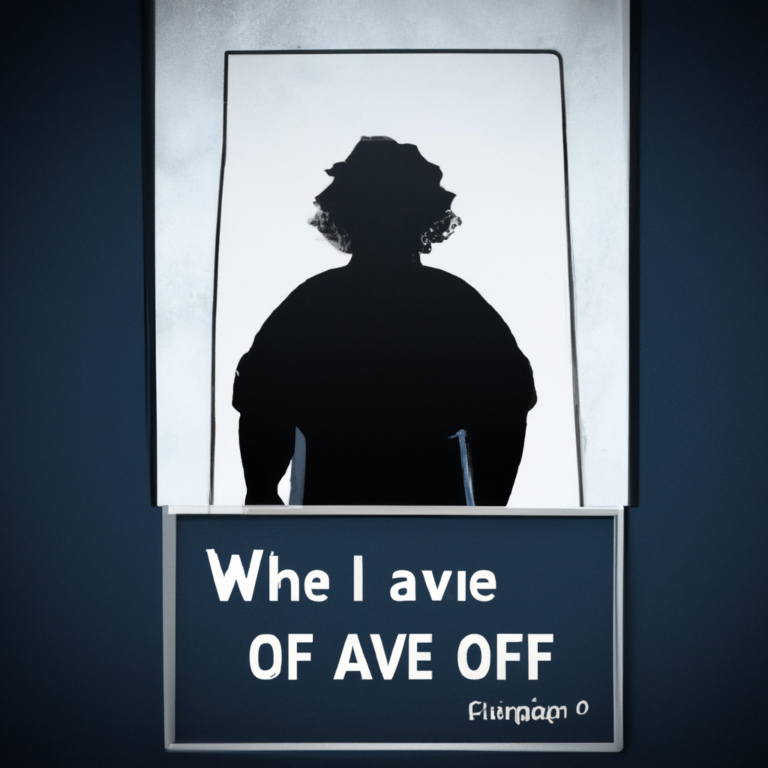“Power to the Players: How Modding Communities Shape and Transform Game Development”
The gaming industry has seen significant growth in recent years, becoming a dominant force in the entertainment sector. Alongside this success, modding communities have emerged as a vital and influential part of the ecosystem. Modding, short for modification, refers to the practice of altering or creating new content for existing video games. Modders, the individuals behind these creations, have played a substantial role in the development and success of many popular gaming titles. In this article, we will explore the impact of modding communities on game development, from enhancing player engagement to shaping the direction of gaming franchises.
One of the most apparent effects of modding communities on game development is the extension of a game’s lifecycle. Modders continuously create new content, from minor adjustments like graphical enhancements to fully developed expansions and entirely new storylines. This steady stream of fresh content keeps players engaged for longer periods, effectively prolonging the game’s lifespan. As a result, developers and publishers benefit from a more dedicated player base, leading to increased sales and revenue.
Additionally, modding communities play a crucial role in identifying and fixing bugs or issues within a game. Modders often dedicate countless hours to dissect and understand the game’s inner workings. This deep understanding allows them to identify and fix issues that may have gone unnoticed by the game’s original developers. Consequently, the gaming experience is improved for all players, and developers benefit from a more polished and refined product.
Beyond fixing technical issues, modding communities contribute to the development of new gaming concepts and ideas. In some cases, popular mods have even inspired developers to create official expansions or sequels based on the mods’ core concepts. For example, the popular mod “Defense of the Ancients” for the game “Warcraft III” laid the groundwork for an entirely new genre known as Multiplayer Online Battle Arena (MOBA), leading to the creation of the wildly successful “Dota 2” and “League of Legends.” This influence showcases the potential of modding communities to shape the future of game development.
Moreover, modding communities cultivate a thriving sense of collaboration and learning among game enthusiasts. Modders often work together, sharing knowledge and skills to create better modifications or tackle complex projects. This collaborative environment fosters creativity, innovation, and even the development of new talent. In fact, many professional game developers began their careers as modders, honing their skills through the creation of mods.
Lastly, modding communities can serve as valuable feedback for developers. Mods can reveal what aspects of the game resonate most with players, providing valuable insights into players’ preferences and expectations. By observing the types of mods that are popular within their communities, developers can better understand their audience and tailor future updates or sequels accordingly.
In conclusion, modding communities have a profound impact on game development, extending the lifespan of games, identifying and fixing bugs, inspiring new gaming concepts and genres, fostering collaboration and talent development, and providing valuable feedback to developers. As the gaming industry continues to grow and evolve, modding communities will undoubtedly remain a driving force shaping its future, ultimately contributing to the continued success and innovation of the gaming world.







